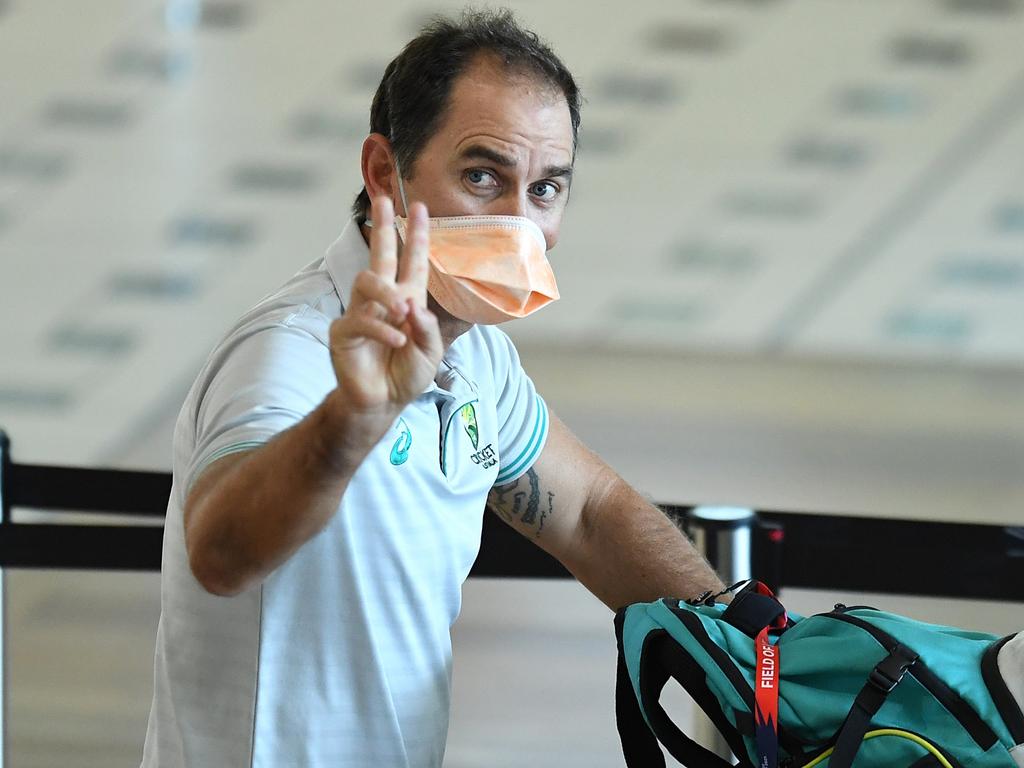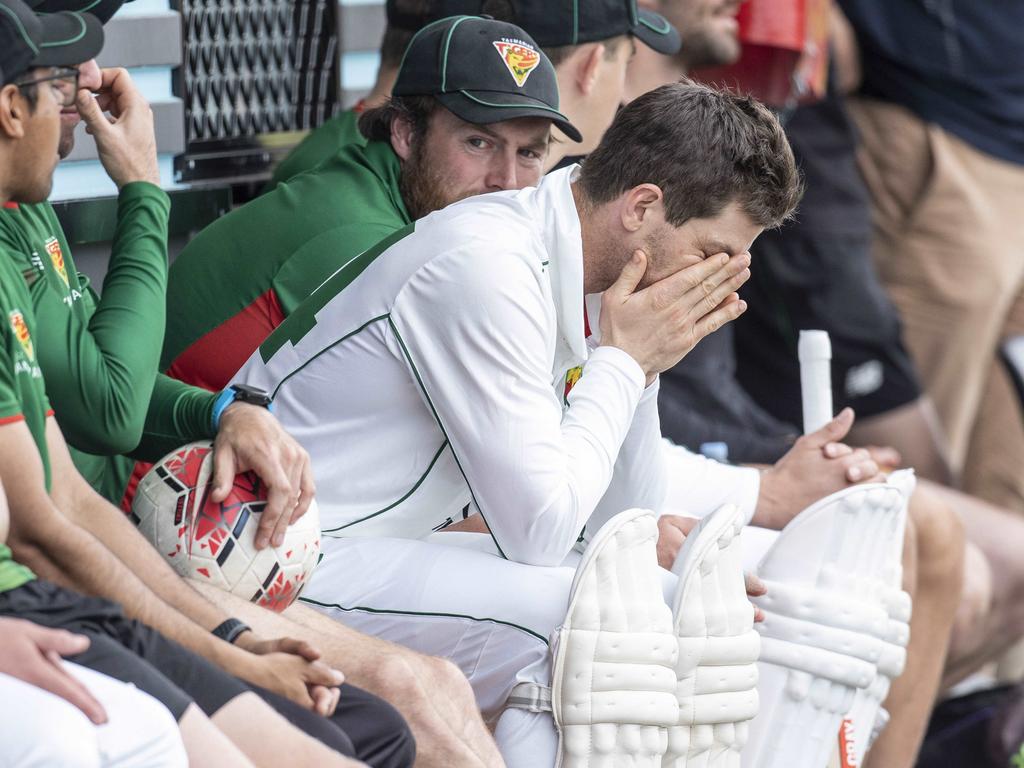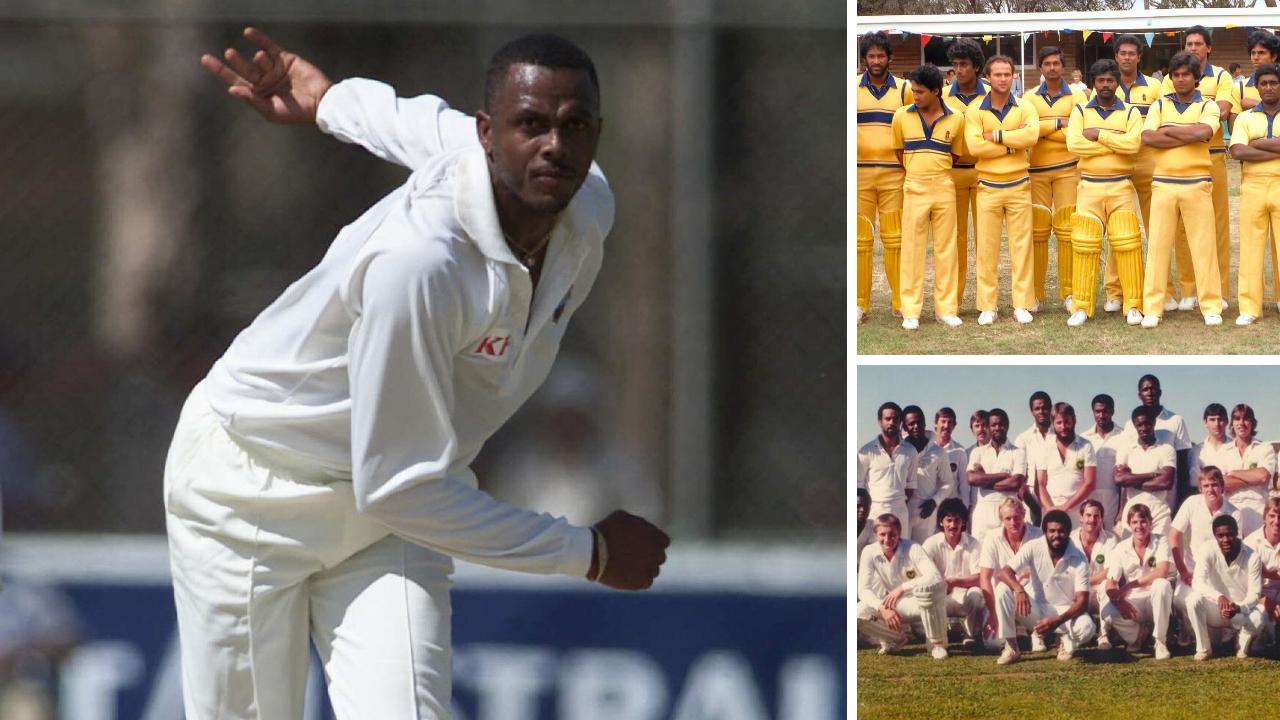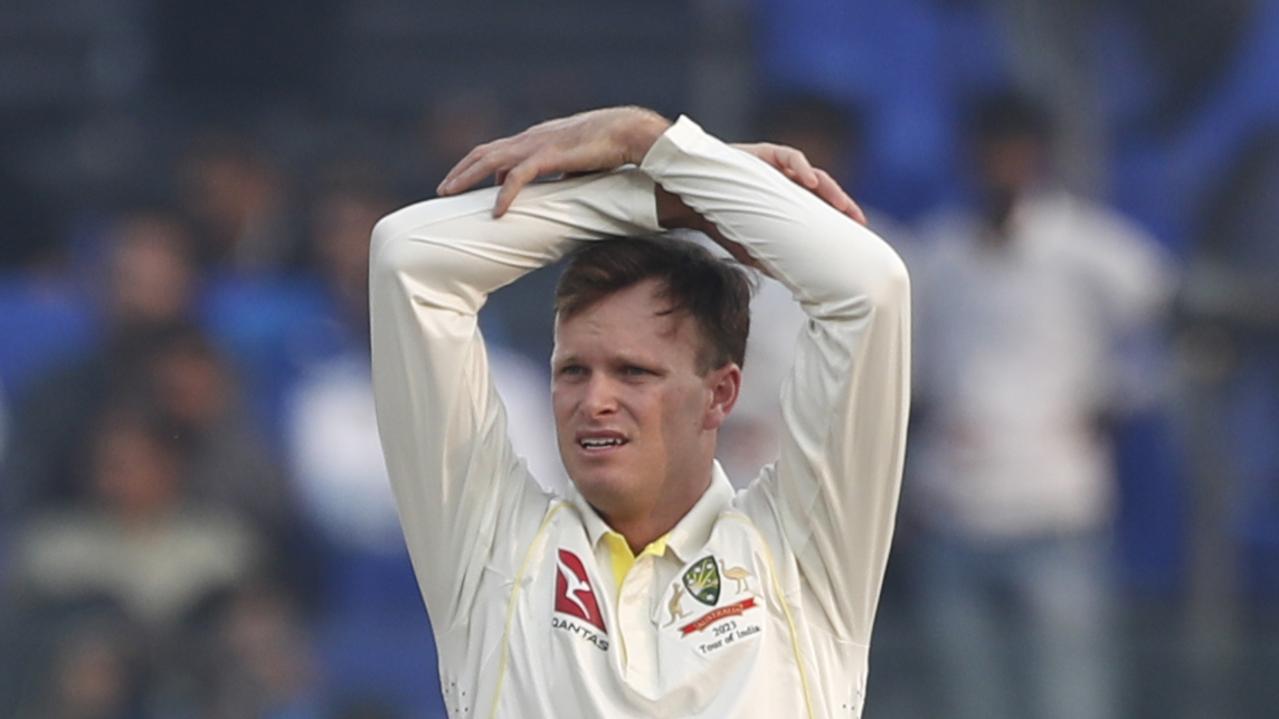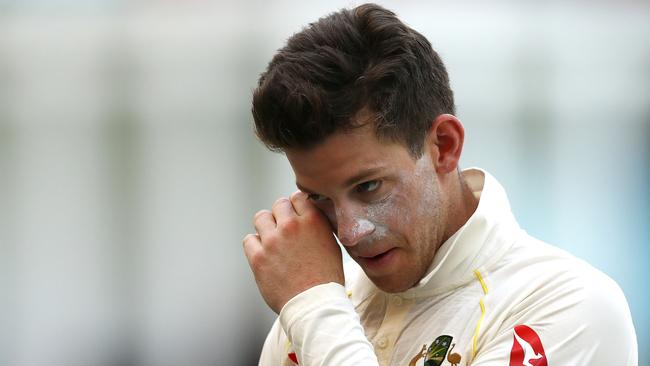
“Whilst I cannot speak about the original decision-making in 2018, what I can say is that faced with the same circumstances and with the benefit of all the relevant information, Cricket Australia would not make the same decision today.
“I acknowledge that the decision sent the wrong message to the sport, to the community and to Tim (Paine) that this kind of behaviour is acceptable and without serious consequences. The role of the Australia cricket captain must be held to the highest possible standards.”
If he had tried harder, Cricket Australia chairman Richard Freudenstein could not have manoeuvred his organisation into a more tortured position. The explanation of a change of heart around Paine’s suitability as captain, after the revelation of explicit messages and images sent to a former employee of Cricket Tasmania four years earlier, was not designed to anger, but that is what it did.
It angered David Peever, the former chairman of CA. Since his departure, Peever has decided on a policy of dignified silence, but the statement was a provocation too far. Peever said the criticism of the previous administration was unwarranted, that Paine had been unfairly abandoned by CA and the decision to encourage him to resign was kneejerk.

It also angered David Warner’s wife, Candice, who called out the implied double standards in the case. “They are basically saying it’s not OK for a captain to send these messages, but it’s OK for a player. As a wife of an Australian player, that is slightly concerning, and it does make me worry,” she said.
Just how isolated the Paine family had become was intuited from a statement by his agent, James Henderson, which read: “Confirming that Tim Paine is stepping away from cricket for an indefinite mental health break. We are extremely concerned for his and (his wife) Bonnie’s wellbeing and make no further comment at this time.”
It chimed with comments from Cricket Tasmania that suggested deep unease with the way CA had cut their captain adrift.
What did the public at large think of all this? That can be difficult to gauge, but my instinct is that a majority would feel that what Paine did was wrong, but that, having been cleared in two separate internal code-of-conduct inquiries, with which he co-operated fully, and given that the exchange was described as “private and consensual” at the time, he deserved a little more support from his employer once the story became public.
The broader question here may be why governing bodies find it hard to strike the right note in their decision-making and public statements. My guess is that, corporate interests to the fore, they are constantly fearful of a backlash, but that they misunderstand general sentiment. They think they know what the public think, but the very nature of public discourse creates an illusion.
Public debate in general, and in cricket especially, has become increasingly toxic. Opinion-makers in the media tend towards definitive, confident positions. No editor encourages prevarication. Social media amplifies the harshest, most extreme and unsympathetic views. The consequence is a polarisation of debate, with the hard right and illiberal left shouting at each other across a divide occupied by what could be called the silent majority.
The majority are more silent precisely because they recognise complexity and are often uncertain in their convictions. They accept that life is messy and boundaries can be blurred. They sense that the road to “zero tolerance” is chilling and likely to lead to greater division. Maybe WB Yeats’s moment is upon us, where “the best lack all conviction, while the worst are full of passionate intensity”.
In the pages of The Times recently, the former British prime minister Tony Blair urged his Labour Party to this centre ground, embracing “liberal, tolerant but commonsensical positions on the ‘culture’ issues but emphatically rejecting the extremes”. Barack Obama too has cautioned against the increasingly prevalent call-out culture. “This idea of purity, that you’re never compromised … you should get over that quickly. The world is messy; there are ambiguities,” the former US president warned two years ago. Wise words.
As for Freudenstein’s statement, an alternative was put forward by Gideon Haigh recently in conversation with the cricket correspondent of The Australian, Peter Lalor. With the Ashes in mind, their cricket podcast, Cricket, Et Cetera, is well worth a listen and while they were waiting to record a recent episode, Haigh doodled away and came up with what he imagined he might say in Freudenstein’s position:
“Tim Paine did something stupid in 2017 of which he is rightly ashamed. It need not be said that CA does not condone it: that is obvious. We deplore it. It should not be minimised or trivialised. However, at the end of a thorough integrity process it was found that no misconduct had occurred by our regulations at the time. The board deliberated on the matter and decided on balance that no further action was necessary.
“In hindsight, we may have been wrong in this. We recognise that attitudes have changed, that there is greater sensitivity around interpersonal relationships in the workplace, aggravated by a number of high-profile cases that have left no institution untouched. But, given that, we cannot in conscience try someone twice for the same offence merely out of squeamishness at our corporate embarrassment.
“Since 2017, our players have received extensive education in this area; they understand the expectations and risks far better. Tim took full ownership of his behaviour and has been an exemplary captain and we think the public humiliation he and his blameless wife have endured is sufficient punishment for the infraction.
“We don’t pretend to be always right in everything we do but we always try to act in good faith and fairness to all and we are dedicated to learning from our mistakes.”
In this alternative universe, one imagines that Paine could still be captain, his family less anguished, the general public more comfortable with what transpired and Cricket Australia better thought of. A statement that is humane and wise, and recognises, as the silent majority does, that we all stumble from time to time.
The Times


